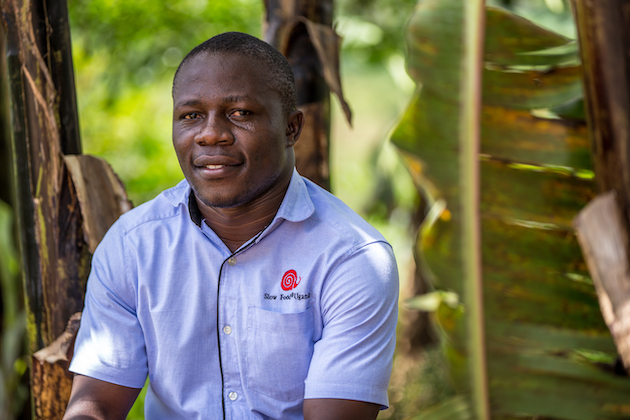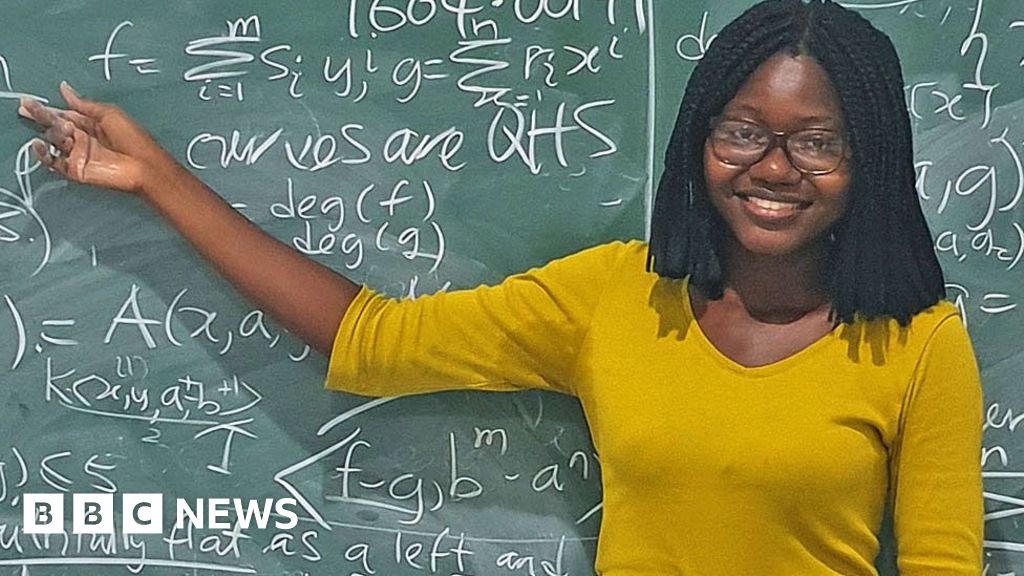North Korea to launch 3 new satellites in 2024, as Kim warns war inevitable | Military News
North Korea has said it will launch three more military spy satellites, build military drones and boost its nuclear arsenal in 2024, continuing a military modernisation programme that saw a record number of weapons tests this year.
Pyongyang put a spy satellite into orbit in November at its third attempt and this month, again launched its most powerful intercontinental ballistic missile (ICBM), which is seen as having the range to deliver a nuclear warhead to anywhere in the United States.
“The task of launching three additional reconnaissance satellites in 2024 was declared” as one of the key policy decisions for 2024 at the end of a five-day party meeting chaired by leader Kim Jong Un, the official Korean Central News Agency (KCNA) reported.
Kim wrapped up the meeting on Saturday, lashing out at the US, which he blamed for making war inevitable.
“Because of reckless moves by the enemies to invade us, it is a fait accompli that a war can break out at any time on the Korean Peninsula,” Kim said, according to KCNA.
He ordered the military to prepare to “pacify the entire territory of South Korea”, including with nuclear bombs if necessary, in response to any attack.
Experts say North Korea aims to continue its policy of military pressure to try and increase any leverage around November’s presidential elections in the US, where former President Donald Trump is bidding to return to power.
When Trump was last in office, he held two summits with Kim and met him at the demilitarised zone that divides the two Koreas, but while the events made lots of headlines, they failed to make any breakthrough.
US President Joe Biden’s administration has deepened political and military ties with South Korea and imposed new sanctions as Pyongyang has tested more weapons.
Washington has also deployed nuclear-powered submarines in South Korea as well as flown its long-range bombers in drills with Seoul and Tokyo.
“Pyongyang might be waiting out the US presidential election to see what its provocations can buy it with the next administration,” Leif-Eric Easley, a professor of international studies at Ewha Womans University in Seoul, wrote in an email.
Kim said he could not ignore such US deployments, claiming such weapons had completely transformed South Korea into a “forward military base and nuclear arsenal” of the US.
“If we look closely at the confrontational military actions by the enemy forces… the word ‘war’ has become a realistic reality and not an abstract concept,” Kim said.
Kim said he has no choice but to press forward with his nuclear ambitions and develop deeper relations with other countries that oppose the US. North Korea has deep ties with both China and Russia.
South Koreans will also go to the polls in April for a parliamentary election that could affect the domestic and foreign agenda of President Yoon Suk-yeol, a conservative who has maintained a hawkish stance towards Pyongyang.
South Korea’s National Intelligence Service (NIS) warned on Thursday that there was a “high possibility that North Korea could unexpectedly conduct military provocations or stage a cyberattack in 2024, when fluid political situations are expected with the elections”.
Speaking at the end of the party meeting, Kim said he would no longer seek reconciliation and reunification with South Korea, noting the “persisting uncontrollable crisis situation”.
Relations between the two Koreas have deteriorated sharply this year, with Pyongyang’s spy satellite launch prompting Seoul to partially suspend a 2018 military agreement that was supposed to help reduce tensions on the peninsula. In response, North Korea said it would move more troops and military equipment to the border and would not be constrained by the 2018 pact.
“I believe that it is a mistake that we should no longer make to consider the people who declare us as the ‘main enemy’… as a counterpart for reconciliation and unification,” KCNA cited Kim as saying.
‘Can’t match’ South Korea
Pyongyang declared itself an “irreversible” nuclear power last year and has repeatedly said it will never give up its nuclear programme, which it views as essential for its survival.
The United Nations Security Council has adopted many resolutions calling on North Korea to halt its nuclear and ballistic missile programmes since it first conducted a nuclear test in 2006. The last test was in 2017.
Kim promised to strengthen nuclear and missile forces, build unmanned drones, expand the submarine fleet and develop its capabilities in electronic warfare in 2024, but Easley said that even with such developments, it would remain far behind Seoul.
“The Kim regime may believe it can violate UN sanctions on its weapons programs with impunity, but even with the support of Moscow and Beijing, Pyongyang can’t match South Korea’s sophisticated defence acquisitions and training coordinated with the United States and Japan,” he said.
“Seoul is pushing ahead both in outer space and with aerial drones, so despite North Korea’s cyber hacking and efforts at launching spy satellites, it will likely fall further behind on military technology and intelligence in the New Year.”
North Korea’s successful launch of a spy satellite followed two high-profile failures and came a couple of months after Kim visited Russia for a summit with Russian President Vladimir Putin who promised to help North Korea build satellites.
South Korean officials have said Russian assistance probably contributed to the success of the third mission. Seoul and Washington are also concerned that Pyongyang has been selling weapons to Russia in exchange for such technological know-how.
Check out our Latest News and Follow us at Facebook
Original Source







